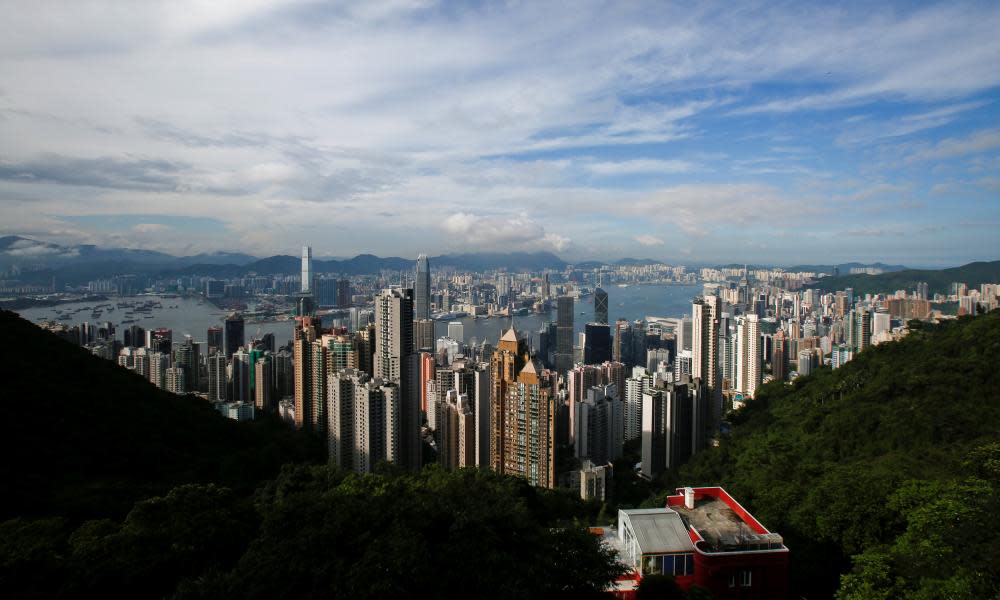Hong Kong: 20% of residents live in poverty

A record number of Hong Kong residents live in poverty, with one fifth of the population falling below the poverty line despite economic growth, according to new government figures.
The number of people living below the poverty line rose to 1.35 million in 2016, about 20% of the city’s population. The number is the highest number of poor since the government began publishing statistics in 2009.
Despite opulent wealth, Hong Kong is a deeply unequal society. It is the world’s most unaffordable housing market and poorer residents live in squalid conditions, with some living in “coffin homes” – rows of wooden boxes crammed into tiny flats.
The number of poor rose despite the government raising the poverty line last year. For single person households it is set at HK$4,000 (£388). It is HK$9,000 (£873) for a two person home and HK$15,000 (£1,455) for a family of three. In the city’s poorest district of Sham Shui Po, which is home to large numbers of recent immigrants and ethnic minorities, the poverty rate rose to nearly a quarter of the population.
Hong Kong officials blamed the increase in poverty on an ageing population, and the rate for residents over 65 was about 32%.
Social groups criticised the government for its lack of action on poverty alleviation and demanded an increase in welfare payments.
“Economic growth can not help the lower classes share in the economic achievements,” said a spokesman for the Society for Community Organisation, an NGO that works with the poor. “Reflecting on the grim poverty in Hong Kong, the government’s poverty alleviation measures lack strength, precision and intensity.”
The group called on the government to pass laws combating age discrimination and increase welfare schemes for the elderly. The city’s minimum wage is £3.35 per hour and is reviewed every two years.
The large number of poor in Hong Kong rose despite the government posting a £10.7bn surplus in the most recent fiscal year. Hong Kong’s GDP per capita is ranked among the highest of any country or territory, according to the World Bank, and exceeds the UK, Germany and Japan.
Wealth is most apparent in the city’s chronically unaffordable property market. A recent analysis found that prices for parking spaces were rising faster than for flats in some parts of Hong Kong.
In a sample of three housing estates, parking bay prices rose by an average of 167% in the past six years, while flat prices increased by 52%.
“It is quite common to see parking spaces transacted at above HK$2m in recent years, and HK$1m is becoming the entry point for parking spaces in Hong Kong,” said Alan Jin, an analyst at Mizuho Securities Asia. “Essentially, what has happened in the parking sub-sector is pretty similar to what has happened and is still happening in the housing market. The shortage of supply is the key reason for the astronomical prices.”
But speculation was another reason for the rise in prices, Jin said.

 Yahoo News
Yahoo News 
